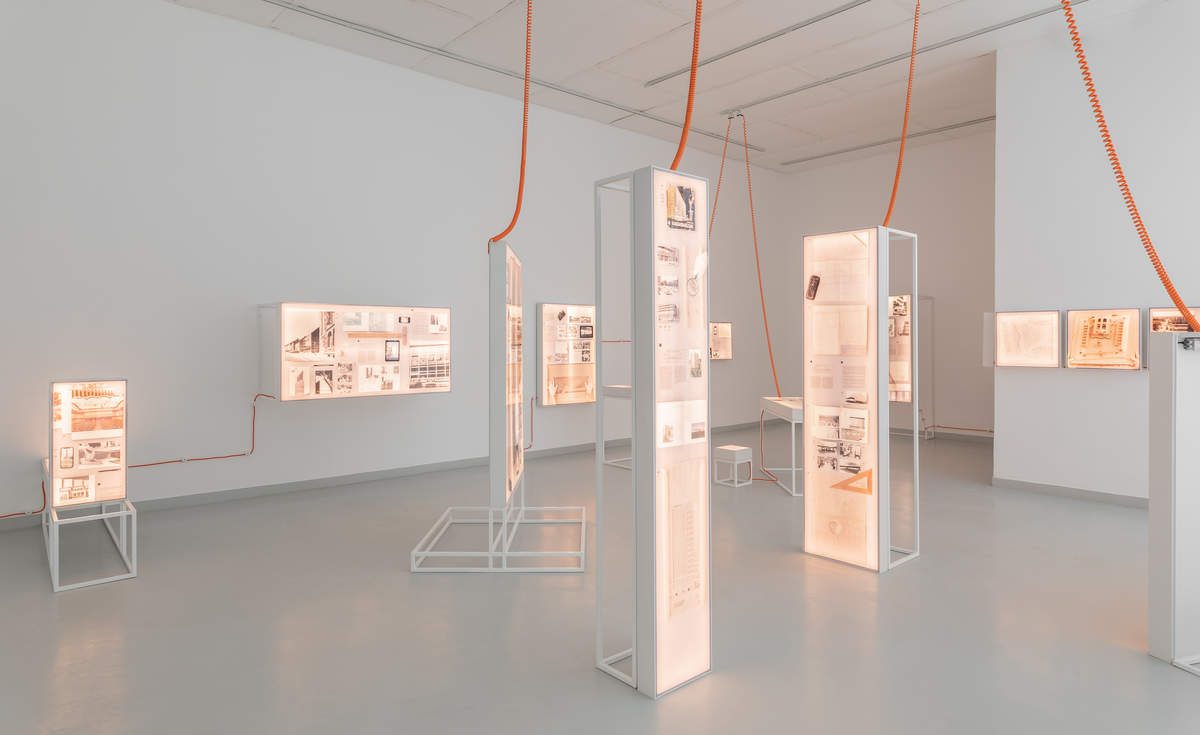In Budapest and around Hungary, the legacy of modern architecture divides opinions. Many feel these buildings should provide the backdrop for some dystopian film. In addition, the materials and forms used no longer sustain in the way the architect had first conceived. You only need think of the Domus department store, the Freight Distribution Centre, since demolished, or Déli station.
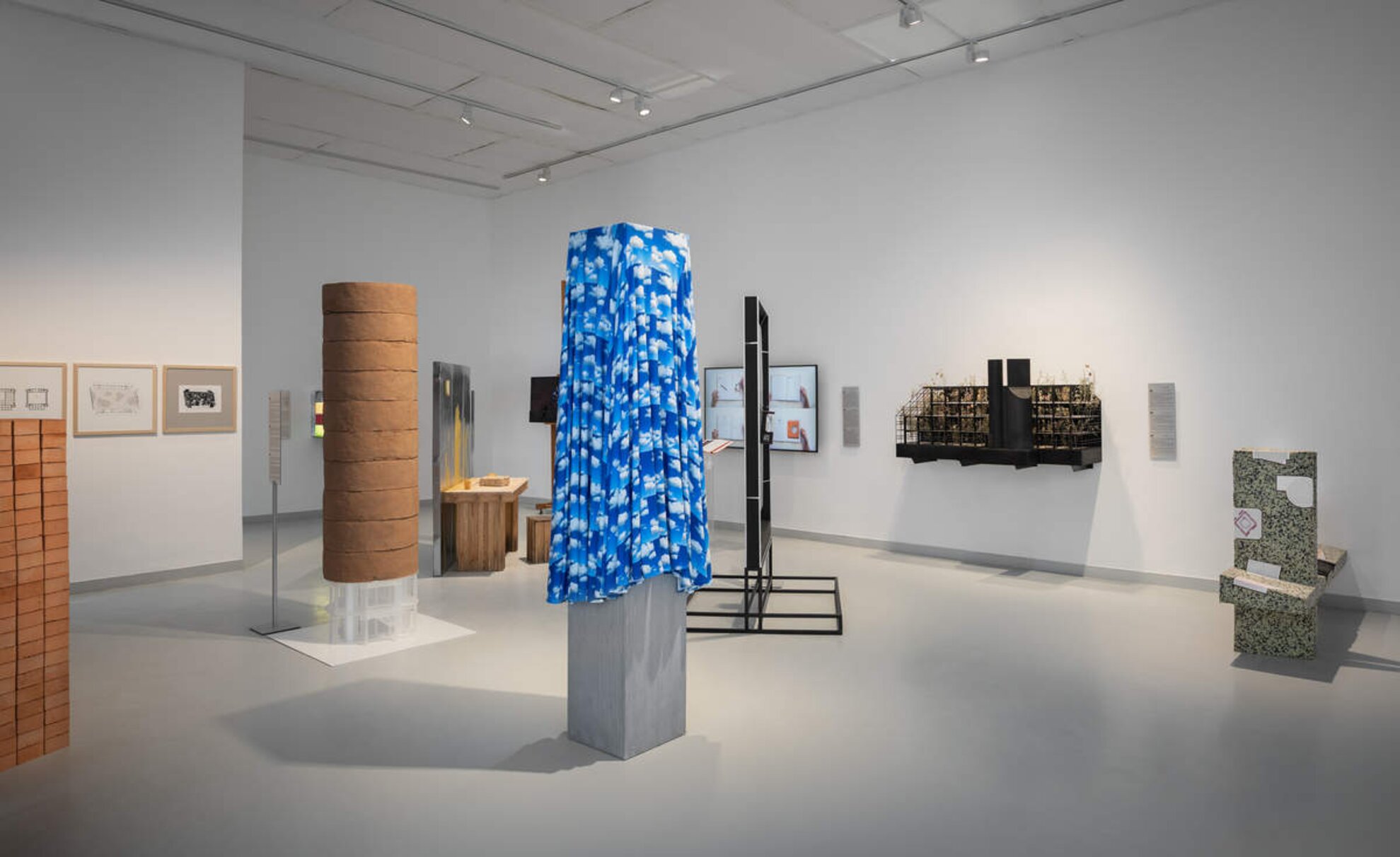
As part of
the Venice Biennale, the Ludwig Museum is hosting Othernity - Reconditioning
Our Modern Heritage, an exhibition dealing with the much-debated, outdated heritage of modern
architecture. This doesn’t involve a few blueprints and models, nor visuals
showing how they might look in the future.
You see 12
emblematic buildings in Budapest and, adding a few twists and turns, their reinterpretations
by 12 design teams from around the region. This proves exciting
precisely because you can see how outsiders might think.
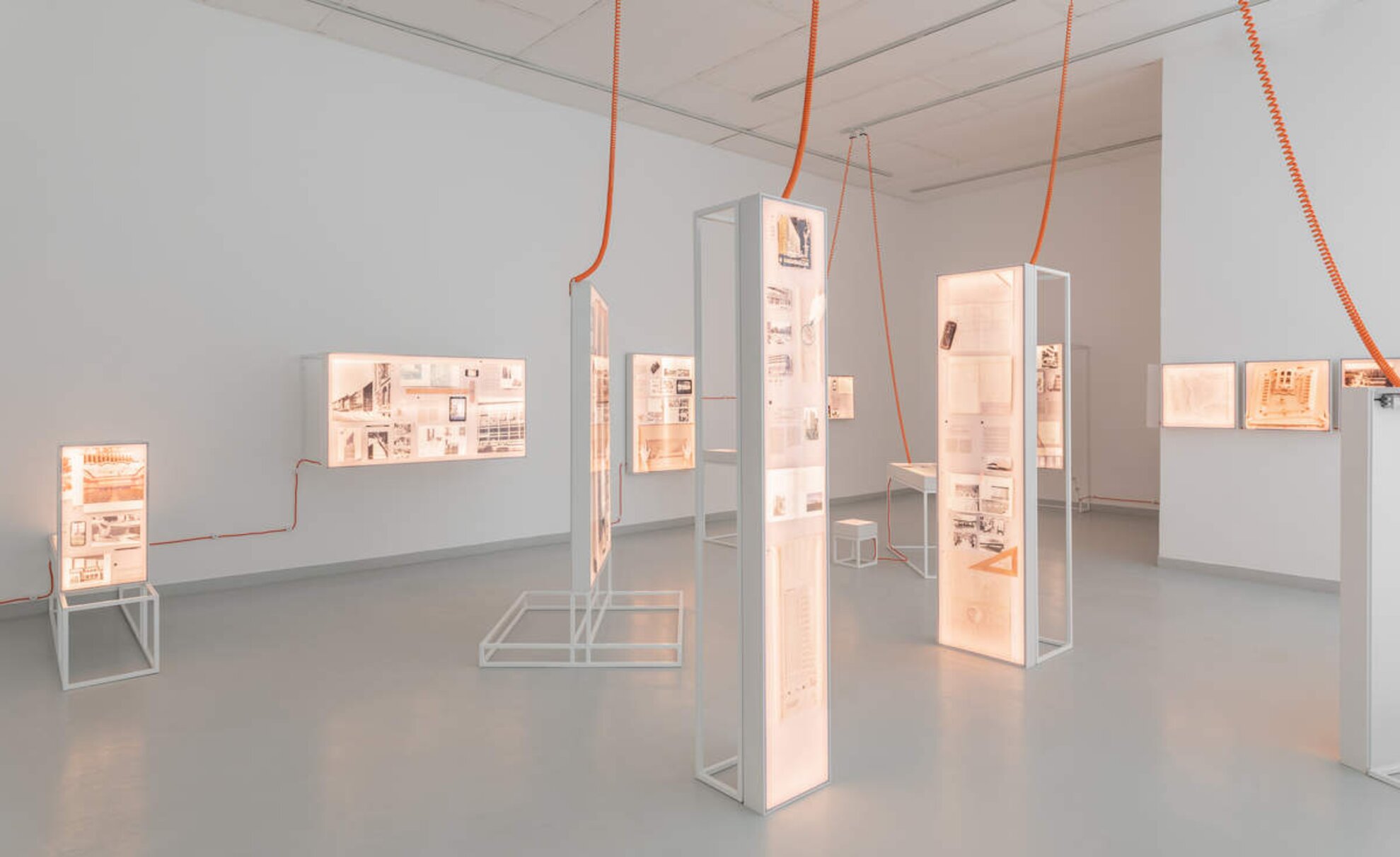
Of course, these architects share a certain common heritage with their Hungarian counterparts, but it’s worth noting that these buildings, created in the second half of the 20th century within the Socialist system, have been rethought by an age group who grew up after 1989. It’s therefore interesting to see how they try to solve the difficulties of this modern architectural heritage.
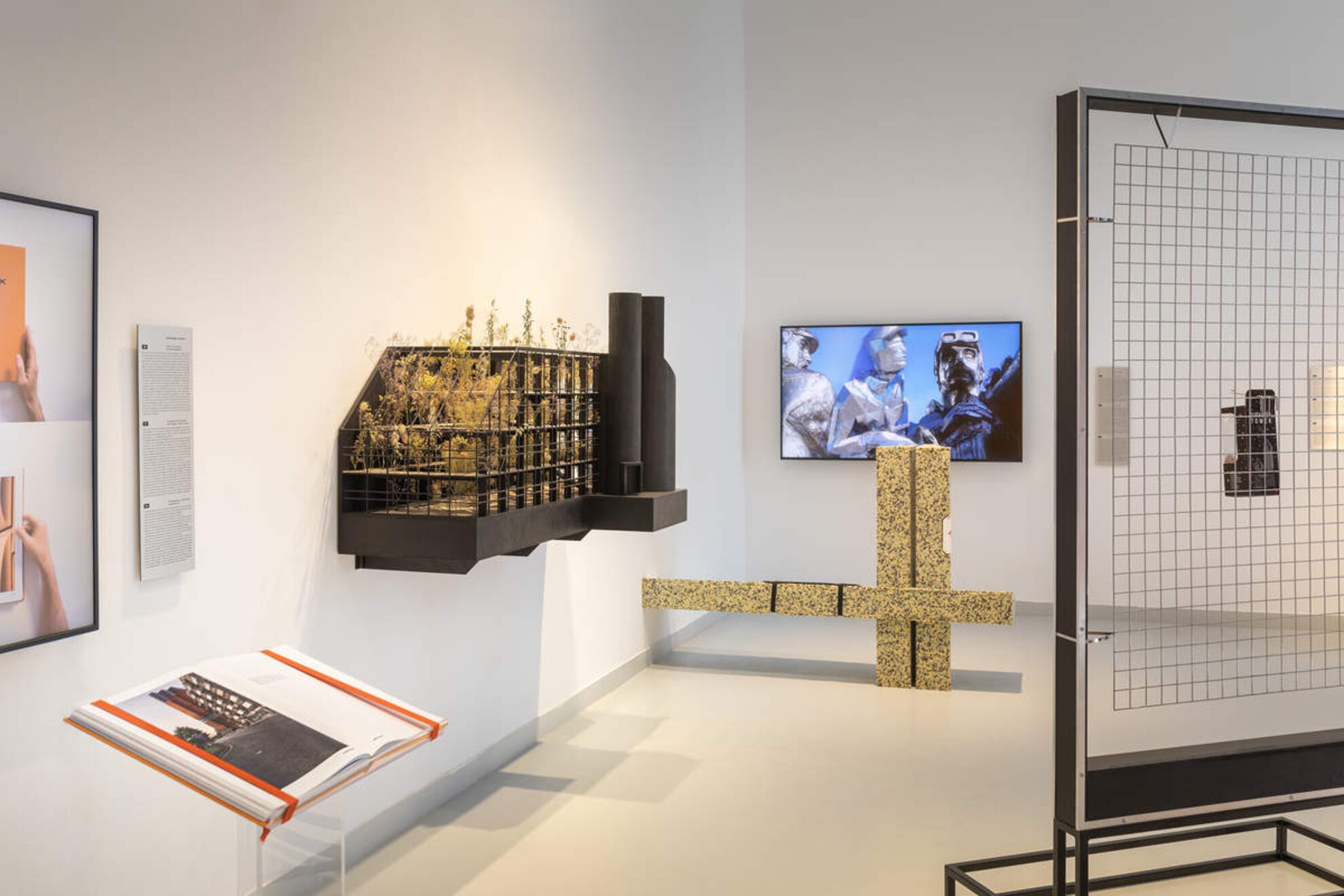
The
exhibition comprises two parts. The first is LABORATORY, documenting the
historical situation of the 12 buildings, so you can look into the design and
construction processes, read old newspaper articles and see in archive photos
what these buildings were like and their impact upon completion.
The curators, art
historian Dániel Kovács and the architects at Ariadne Paradigma, present these
in an imaginative fashion, with scattered illuminated signs as if in a Sci-Fi
movie.
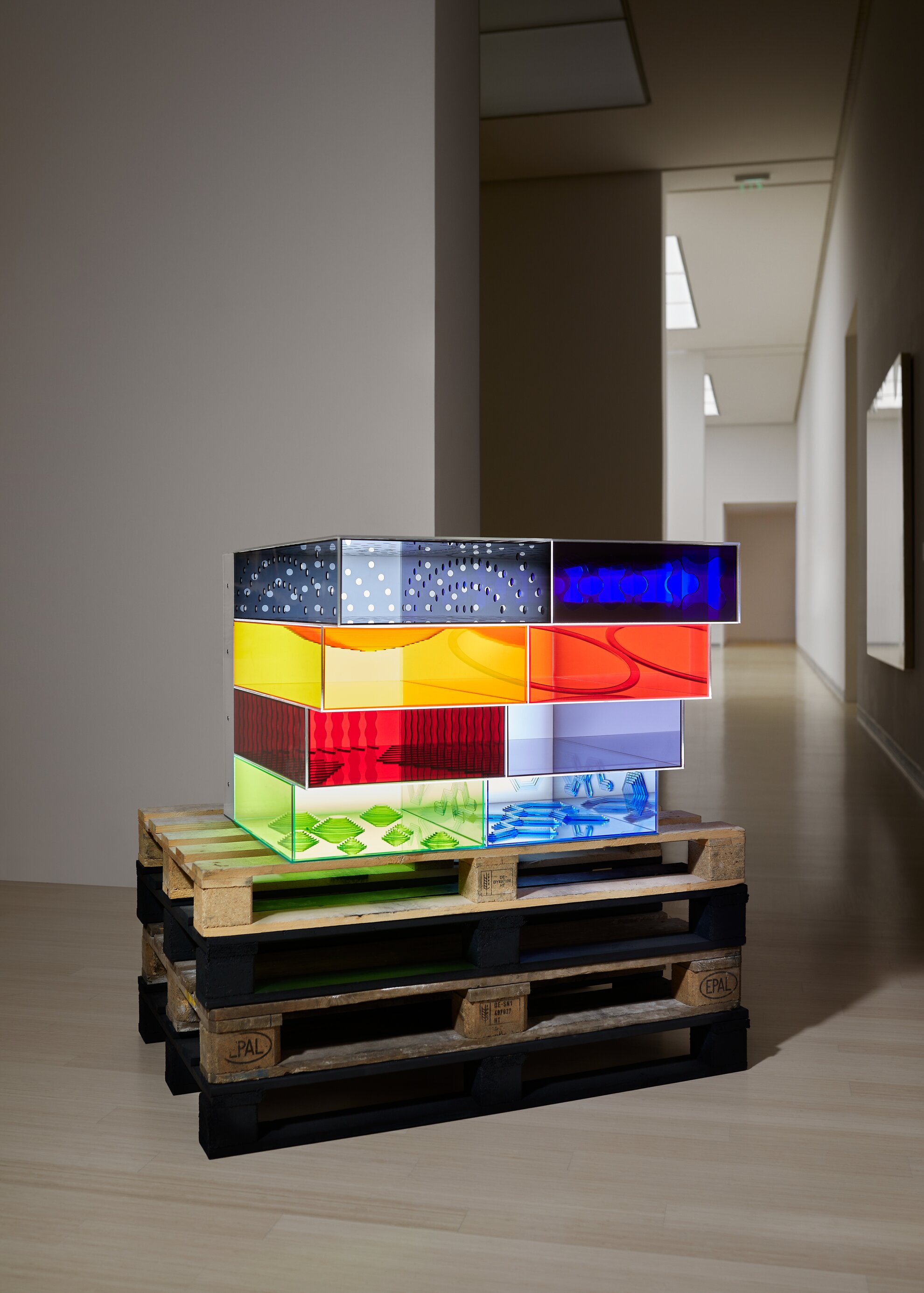
After you’ve
studied every detail of the plans and photos, and know what Margit
Pázmándi, for example, was thinking when planning the headquarters for the Communist Party of
District XIII, then entering the space of SHOWROOM, you can see
the contemporary reflections by the 12 young architectural teams.
The building
of the Domus department store, designed by Antal Lázár and Péter Reimholz and
now empty for years, is under heritage protection and cannot be reconditioned. The
Polish BUDCUD office has envisioned a huge space free of columns, ideal for relaxation,
a spa of abstract layouts, colours and intensity of light.
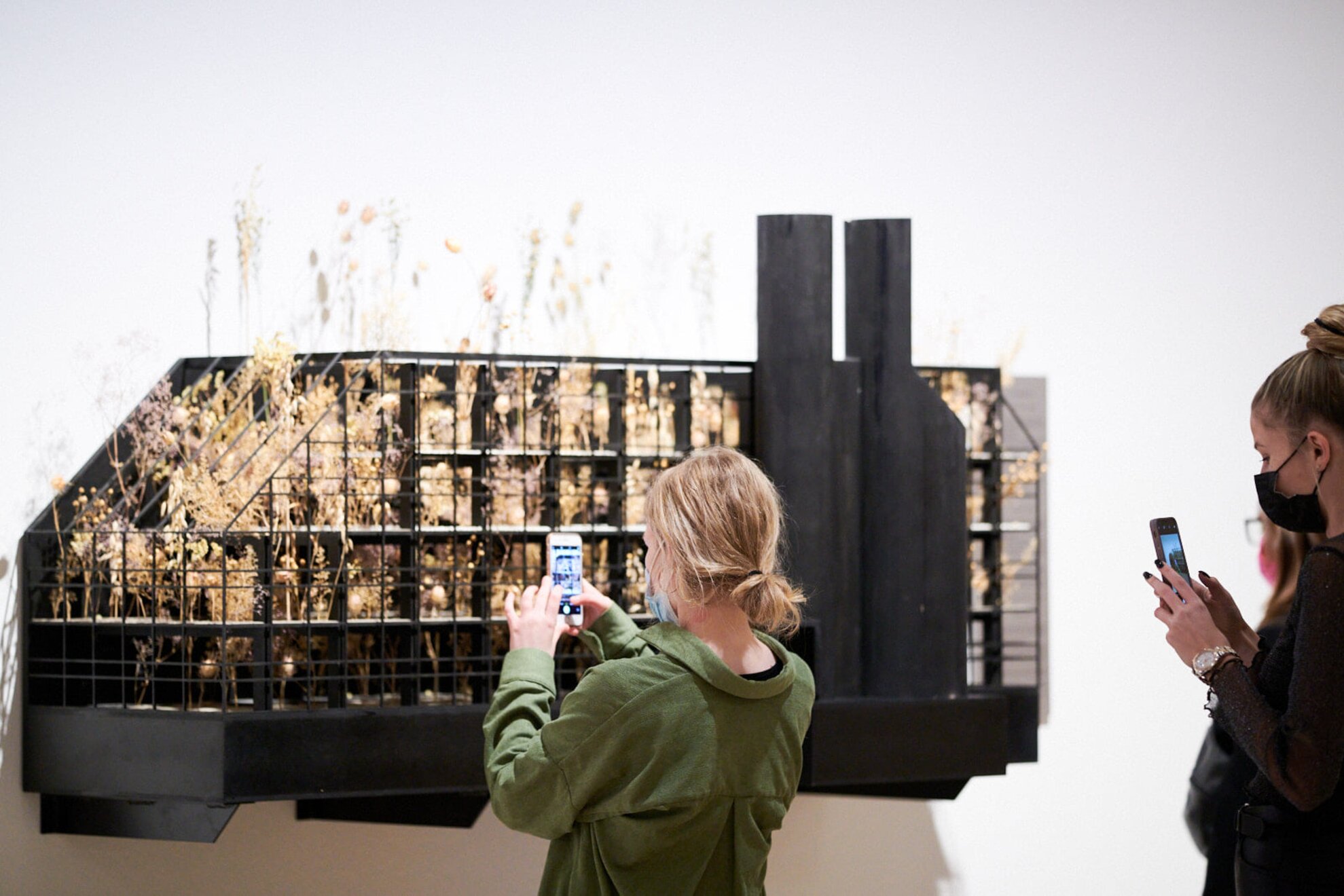
The Water Tower House in Újpalota was built in one year in the 1970s. Thanks to its unique form, this 20-storey building rises markedly above the surrounding housing estate but here in the exhibition, you see it as a wrapped model.
As for the Freight Distribution Centre, the epitome of former high-tech brutalism demolished in 2021, you now see nature reclaiming its territory and creating a park full of bushes, trees and plants.
The exhibition is open until 16 January, and is recommended to anyone interested in fresh, contemporary approaches to architecture – or anyone keen on appreciating just how much scope there can be for invention between four walls.
Exhibition information
Othernity - Reconditioning Our Modern Heritage
Ludwig Museum
1095 Budapest, Komor Marcell utca 1
Open: Until 16 January. Tue-Sun 10am-6pm
